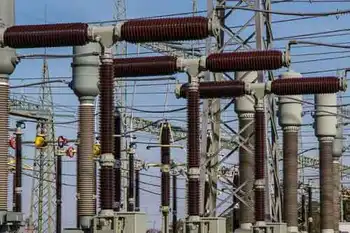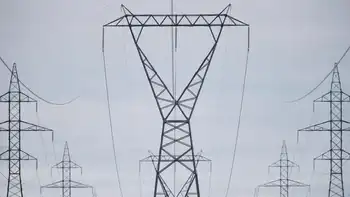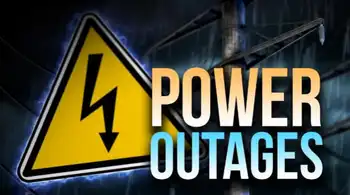Hydro-Quebec impact spurs Maine debate
By istock Analyst
Protective Relay Training - Basic
Our customized live online or in‑person group training can be delivered to your staff at your location.

- Live Online
- 12 hours Instructor-led
- Group Training Available
The source is Hydro-Quebec, a utility owned by the provincial government, which is trying to obtain the generation capacity of its counterpart provincial utility in New Brunswick, New Brunswick Power.
Hydro-Quebec's purchase has lingered over discussion during legislative hearings on L.D. 1786, a bill that would steer energy transmission corridors to designated state-owned land, giving the state oversight to ensure how the projects would benefit Maine.
With access to New Brunswick's grid, Hydro-Quebec could be poised to build a corridor across the border into Maine and flood the state and regional U.S. markets with subsidized hydroelectric power, several lawmakers have said.
Hydro-Quebec now produces 41,000 megawatts of energy, even before considering the capacity of New Brunswick power, which produces 4,000 megawatts from nuclear, hydroelectric, coal, oil and diesel sources. This production dwarfs Maine's current energy demand of 2,200 megawatts and production capacity of about 3,400 megawatts.
By 2015, 4,000 megawatts of Hydro-Quebec's capacity will come from wind power. New Brunswick Power is also expanding its wind capacity.
During hearings on the corridor bill, Rep. Ken Fletcher, R-Winslow, raised concerns that Hydro-Quebec's current energy exports — which were only 8 percent of its production in 2008 — produced almost one-third of its profits that year.
"Isn't it reasonable for them to expect that they could send their 4,000 megawatts of wind and combine it with their hydro, and probably control the market?" said Fletcher, a member of the Legislature's Utilities and Energy Committee.
Some state officials, however, don't see Hydro-Quebec's growing capacity as a problem — they see it as a solution.
John Kerry, the director of the Office of Energy Independence and Security, said steady Canadian hydroelectric capacity could balance Maine's production of wind energy.
"I think we should work collaboratively with our Canadian neighbors," Kerry said in an interview. "I underscore that we should do it at arm's length and be prudent, but we should see it as an opportunity."
For its part, Hydro-Quebec said that its wind capacity, aside from about 150 megawatts for Massachusetts and Connecticut, is for Quebec consumption, and hydroelectric power like that in Hydro-Quebec's portfolio does not qualify for valuable renewable energy certificates, or RECs, traded in New England.
"The wind developers or the solar developers in New England should not fear the presence of Hydro-Quebec in the market, because we are not going after the REC market," said Christian Brosseau, president of Hydro-Quebec US.
Furthermore, Brosseau said, Hydro-Quebec would not undercut the electricity market in the northeastern U.S. with cheap hydroelectricity, because it would sell at the marginal wholesale rate.
The corridor bill being considered, however, would allow the company to tap into the Maine grid and potentially the larger, lucrative regional market if it entered into a long-term contract favorable to Maine ratepayers and industry.
"Anything that makes sense we'll look at seriously but there's no commitment that yes we will be building certainly in the next 10 years in Maine," Brosseau said. "But we will be looking at it."
Lawmakers are again scheduled to review the corridor legislation in a work session at Burton M. Cross building in Augusta, across from the State House.











